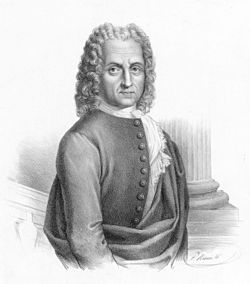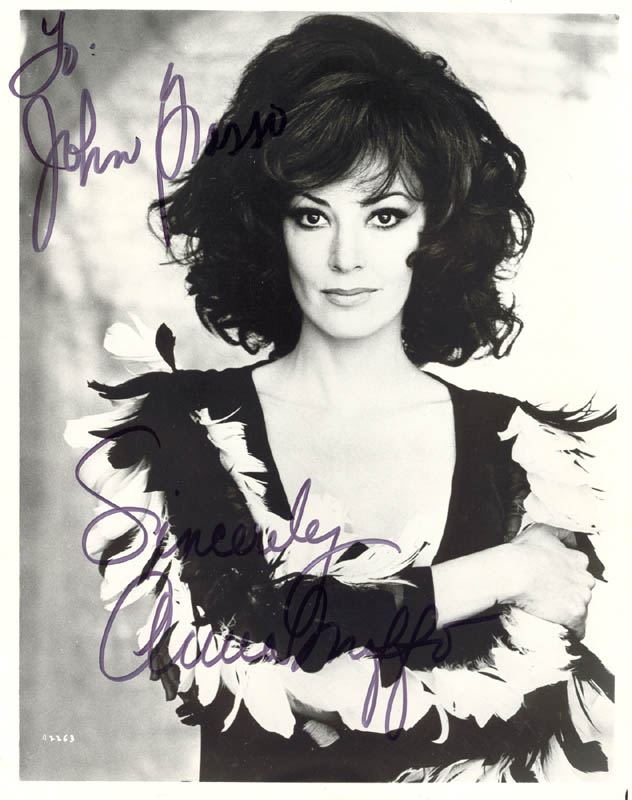This Week in Classical Music: June 17, 2024. Benedetto Marcello. Benedetto Marcello, born on June 24th of 1686, was an unusual composer: a Venetian patrician, he was an amateur musician. His father wanted Benedetto to become a lawyer, which he did, and was so successful in this profession that at the age of 20, he was admitted to the Great Council of Venice, and five years later elected to the Council of Forty, Venice’s Supreme Court. In 1730 he was sent to Pula in Istria, then part of the Venetian Republic and now in Croatia, to serve as Governor (it could’ve been an exile, but we don’t know). He stayed in Pula for eight years and then retired to Brescia as a papal chamberlain. He died there of tuberculosis in 1739. While a successful public servant (and also a poet), Marcello’s real love was music. He took some lessons in his youth but never had formal musical training. He probably started composing around 1710: as he was never associated with any musical institution, researchers have a difficult time dating his work. He wrote some instrumental pieces, but Marcello’s main interest was sacred music. A collection titled Estro poetico-armonico (it could be roughly translated as Poetic and Harmonic Inspiration) consists of 50 psalms (Salmi), several masses, and a Requiem. Here are Kyrie I and II, from the Requiem. Academia de li Musici is led by Filippo Maria Bressan. And here is one of his Salmi, Psalm 3, O Dio perché. Konrad Junghänel conducts the ensemble Cantus Cölln.
An interesting tidbit: Faustina Bordoni, one of the most famous singers of the 18th century, Handel’s favorite, and the wife of the composer Johann Adolf Hasse, was “brought up under the protection of the brothers Alessandro and Benedetto Marcello,” as per Grove Music, and later received lessons from the brothers.
And speaking of singers, Anna Moffo was born on June 27th of 1932 in Philadelphia into a family of poor Italian immigrants. She studied at the Curtis and then in Italy. There, in 1955, she made her debut in Don Pasquale. Then, still just 23 and virtually unknown (but very pretty), she was offered the role of Cio-Cio San by RAI, the main Italian TV company. Madama Butterfly was telecast in January of 1956 and made Moffo famous overnight. Her career took off: she was asked to join Maria Callas, Giuseppe di Stefano and Rolando Panerai in the 1956 now-famous recording of La bohème, conducted by Karajan. In 1957 she premiered at the La Scala, and the Vienna State Opera, and in 1959 made her debut at the Metropolitan. Moffo had a beautiful lyric soprano voice; she also sang coloratura roles. Here she is, singing Sì. Mi chiamano Mimi, from Act I of La bohème. Tullio Serafin conducts the Rome Opera House Orchestra.
And so that we don’t forget, Claudio Abbado, one of our all-time favorite conductors, was born on June 26th of 1933.
Marcello, Moffi, 2024
This Week in Classical Music: June 17, 2024. Benedetto Marcello. Benedetto Marcello, born on June 24th of 1686, was an unusual composer: a Venetian patrician, he was an amateur musician. His father wanted Benedetto to become a lawyer, which he did, and was so successful in this profession that at the age of 20, he was admitted to the Great Council of Venice, and five years later elected to the Council of Forty, Venice’s Supreme Court. In 1730 he was sent to Pula in Istria, then part of the Venetian Republic and now in Croatia, to serve as Governor (it could’ve been an exile, but we don’t know). He stayed in Pula for eight years and then retired to Brescia as a papal chamberlain. He died there of tuberculosis in 1739. While a successful public servant (and also a poet), Marcello’s real love was music. He took some lessons in his youth but never had formal musical training. He probably started composing around 1710: as he was never associated with any musical institution, researchers have a difficult time dating his work. He wrote some instrumental pieces, but Marcello’s main interest was sacred music. A collection titled Estro poetico-armonico (it could be roughly translated as Poetic and Harmonic Inspiration) consists of 50 psalms (Salmi), several masses, and a Requiem. Here are Kyrie I and II, from the Requiem. Academia de li Musici is led by Filippo Maria Bressan. And here is one of his Salmi, Psalm 3, O Dio perché. Konrad Junghänel conducts the ensemble Cantus Cölln.
musician. His father wanted Benedetto to become a lawyer, which he did, and was so successful in this profession that at the age of 20, he was admitted to the Great Council of Venice, and five years later elected to the Council of Forty, Venice’s Supreme Court. In 1730 he was sent to Pula in Istria, then part of the Venetian Republic and now in Croatia, to serve as Governor (it could’ve been an exile, but we don’t know). He stayed in Pula for eight years and then retired to Brescia as a papal chamberlain. He died there of tuberculosis in 1739. While a successful public servant (and also a poet), Marcello’s real love was music. He took some lessons in his youth but never had formal musical training. He probably started composing around 1710: as he was never associated with any musical institution, researchers have a difficult time dating his work. He wrote some instrumental pieces, but Marcello’s main interest was sacred music. A collection titled Estro poetico-armonico (it could be roughly translated as Poetic and Harmonic Inspiration) consists of 50 psalms (Salmi), several masses, and a Requiem. Here are Kyrie I and II, from the Requiem. Academia de li Musici is led by Filippo Maria Bressan. And here is one of his Salmi, Psalm 3, O Dio perché. Konrad Junghänel conducts the ensemble Cantus Cölln.
An interesting tidbit: Faustina Bordoni, one of the most famous singers of the 18th century, Handel’s favorite, and the wife of the composer Johann Adolf Hasse, was “brought up under the protection of the brothers Alessandro and Benedetto Marcello,” as per Grove Music, and later received lessons from the brothers.
Handel’s favorite, and the wife of the composer Johann Adolf Hasse, was “brought up under the protection of the brothers Alessandro and Benedetto Marcello,” as per Grove Music, and later received lessons from the brothers.
And speaking of singers, Anna Moffo was born on June 27th of 1932 in Philadelphia into a family of poor Italian immigrants. She studied at the Curtis and then in Italy. There, in 1955, she made her debut in Don Pasquale. Then, still just 23 and virtually unknown (but very pretty), she was offered the role of Cio-Cio San by RAI, the main Italian TV company. Madama Butterfly was telecast in January of 1956 and made Moffo famous overnight. Her career took off: she was asked to join Maria Callas, Giuseppe di Stefano and Rolando Panerai in the 1956 now-famous recording of La bohème, conducted by Karajan. In 1957 she premiered at the La Scala, and the Vienna State Opera, and in 1959 made her debut at the Metropolitan. Moffo had a beautiful lyric soprano voice; she also sang coloratura roles. Here she is, singing Sì. Mi chiamano Mimi, from Act I of La bohème. Tullio Serafin conducts the Rome Opera House Orchestra.
And so that we don’t forget, Claudio Abbado, one of our all-time favorite conductors, was born on June 26th of 1933.